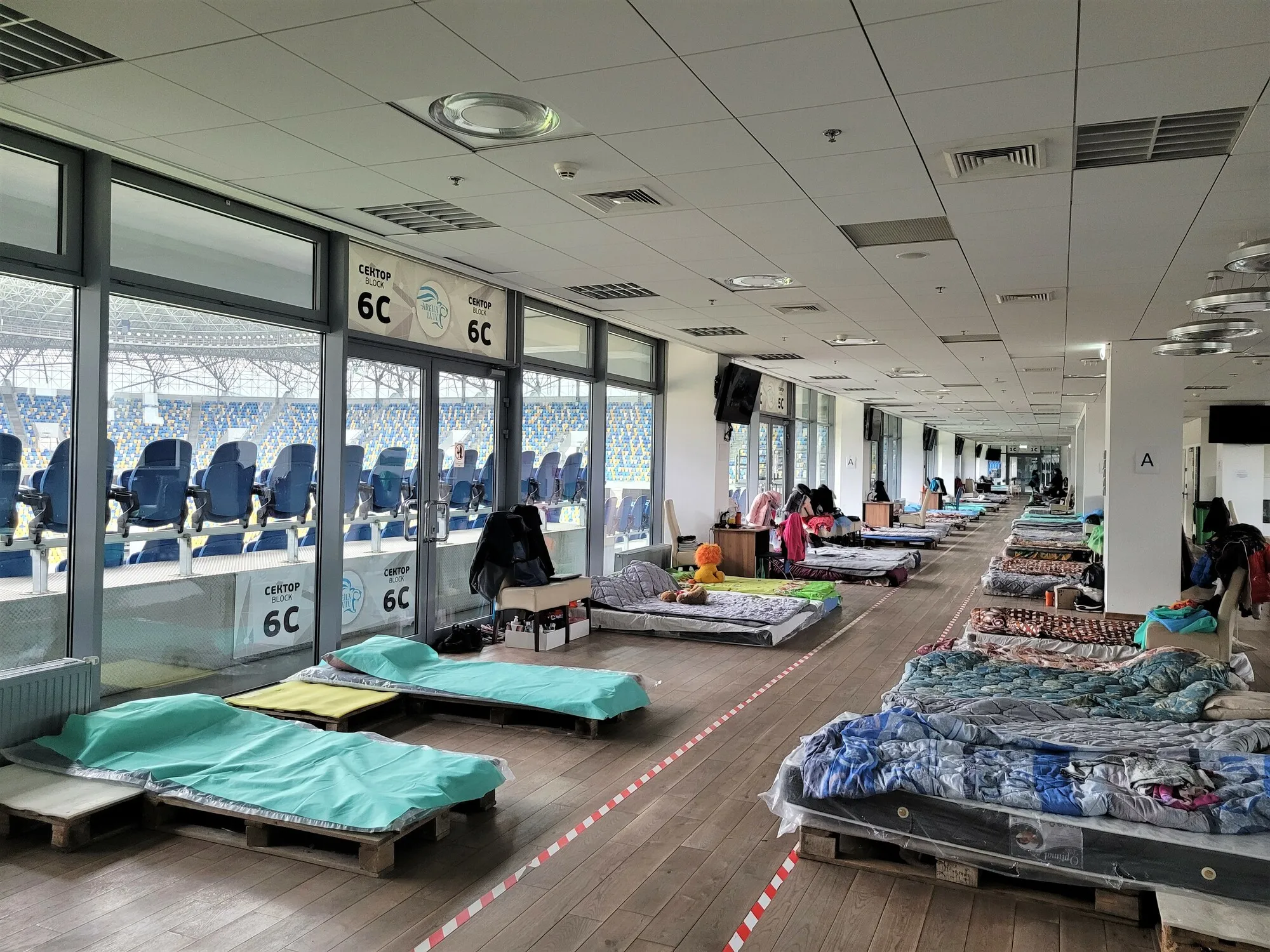Can you tell us about your background – what made you want to start working in the humanitarian shelter sector?
I’m originally from Syria. I left my home country and moved to Turkey in 2013 when I was 18. I worked very hard to learn Turkish so I could continue my education, and I graduated from a Turkish university with a bachelor’s degree in civil engineering.
I experienced being a refugee and I know what it’s like to be in such a vulnerable situation. I remember when I crossed the border with my family, I didn’t have a passport, so we crossed illegally. It was a very tough experience for me. When we arrived in Turkey the first thing we were looking for is shelter, somewhere to sleep so we were not in the street. So, I know how difficult it is to look for shelter, and that’s why I want to support people who are in that vulnerable situation.
Can you tell us about your journey from studying in Turkey to your current role as Shelter Advisor in Ukraine?
When I was a student, I co-founded a volunteering group to help Syrian refugees who wanted to continue their education in Turkey. We supported them with Turkish language courses, and how to apply to university. After I graduated, I wanted to work in a more relevant sector to my background as a civil engineer, and that’s how I found a role with the International Organization for Migration (IOM) as a Shelter Program Assistant.
I then started working in CARE Türkiye’s cross border program, which was a unique experience, supporting internally displaced people in Syria. In northwest Syria there are many settlements – informal and formal – and there’s no government, so the people there are relying on humanitarian assistance.
Currently my role with CARE Ukraine is quite similar, but the context is very different. Here, fortunately we’re not dealing with settlements yet, and I hope that doesn’t change, because settlements are a last resort. We don’t want people sleeping in tents or very basic shelter. Here our program is more focused on repairing and rehabilitating shelters which have been affected by shelling.



